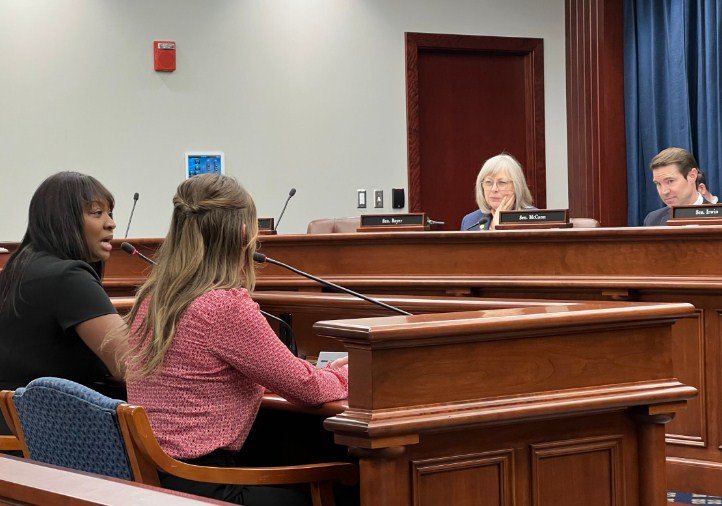Payday loans are short-term, high-interest loans that are often used by people who need quick cash to cover unexpected expenses. However, these loans can also trap borrowers in cycles of debt, as they have to pay back more than they borrowed in fees and interest. In Michigan, the average annual percentage rate (APR) for payday loans is 370%, which is one of the highest in the nation.
To address this issue, some Michigan lawmakers have introduced bills that would cap the APR for payday loans at 36%, which is the same limit that applies to other types of consumer loans in the state. The bills, SB 632 and HB 5290, have bipartisan support and are sponsored by Sen. Sarah Anthony (D-Lansing) and Rep. Abraham Aiyash (D-Hamtramck), respectively.
The impact of payday loans on Michigan communities
According to the Center for Responsible Lending, a nonprofit group that advocates for fair lending practices, payday loans drain more than $94 million from Michigan’s economy each year. The group says that payday loans disproportionately target low-income, rural, and marginalized communities, especially communities of color.
Jessica AcMoody, the policy director of the Community Economic Development Association of Michigan (CEDAM), a nonprofit trade group that works to improve the economic well-being of Michigan residents, agrees that payday loans are predatory and harmful. She said that CEDAM members see the impact of payday loans up-close, as they often lead to overdraft and bounced check fees, closed bank accounts, and even bankruptcy.

AcMoody said that capping the interest rate on payday loans would allow more responsible lending products to enter the market, and provide borrowers with more affordable and sustainable options. She also said that capping the interest rate would discourage payday lenders from operating in the state, as they would not be able to make as much profit from exploiting vulnerable consumers.
The opposition from the payday lending industry
The payday lending industry, however, opposes the proposed bills, and argues that they would limit consumer choice and access to credit. The industry claims that payday loans are a valuable service for people who have no other alternatives, and that they provide transparent and flexible terms for borrowers.
The Community Financial Services Association of America (CFSA), a trade group that represents payday lenders, did not respond to a request for comment. However, the group’s website states that payday loans are “a safe and convenient way to allow a customer to stretch their buying power and help cover unplanned expenses”. The group also says that payday loans are regulated by state and federal laws, and that the industry follows a set of best practices that ensure responsible lending and consumer protection.
The CFSA also cites a study by the Federal Reserve Bank of New York, which found that banning payday loans leads to more bounced checks, more complaints about debt collectors, and lower scores on measures of financial health. The study concluded that “restricting access to expensive credit harms consumers on average”.
The prospects of the bills becoming law
The bills to cap payday loan rates have been referred to the Senate Finance, Insurance and Consumer Protection Committee and the House Financial Services Committee, respectively. The committees have not scheduled any hearings or votes on the bills yet.
The bills face an uncertain future, as they have to overcome the opposition from the payday lending industry and its lobbyists, as well as the reluctance of some lawmakers who may be wary of interfering with the free market. However, the bills also have the support of various consumer advocacy groups, faith-based organizations, and community development associations, who say that capping payday loan rates is a matter of economic justice and human dignity.
The bills are also in line with the national trend of limiting payday loan rates, as 20 other states and the District of Columbia have already enacted similar caps. Moreover, the bills are consistent with the Military Lending Act, which caps the APR for payday loans to active-duty military personnel and their dependents at 36%.
The supporters of the bills hope that they will gain enough momentum and public awareness to pass the legislature and become law. They say that capping payday loan rates would benefit millions of Michigan consumers, who deserve fair and affordable access to credit.

Comments